In this episode of the We’re not Stumped podcast, my guest is Dr. Levin Sliker. Dr. Sliker is Co-founder & CEO of Point Designs, an organization that specializes in finger/thumb prosthetics. He earned his Doctor of Philosophy (Ph.D.) Mechanical Engineering from the University of Colorado Boulder.
Point Designs was founded by researchers in the field of upper limb prosthetic design from the Biomechatronics Development Laboratory at the University of Colorado. Along with Dr. Sliker, Professors Richard Weir, Jacob Segil and Stephen Huddle, the Point Designs team continues to advance the field of partial hand prosthetic design with expertise in additive manufacturing, mechanical design, and clinical care. They are dedicated and passionate individuals working together to improve the lives of the people they serve.
This is a special episode, as I have had three users of Point Design devices on this podcast in prior episodes (links below). Having an opportunity to talk with Dr. Sliker after speaking to people who use Point Designs product was a treat. He has a passion to help others, and he and his company is doing just that by making a difference for those who have lost parts of their hand.
Links:
Point Design Website: https://www.pointdesignsllc.com
Point Design FAQs : https://www.pointdesignsllc.com/about/faq
End user get together: https://www.pointdesignsllc.com/end-user-get-together
We’re not Stumped episode with Point Designs user Jeff Soelberg (Season 1, Episode 2): https://youtu.be/83eYQPvGO3M
We’re not Stumped episode with Point Designs user Angie Coe (Season 1, Episode 6): https://youtu.be/s83rfCPMkNg
We’re not Stumped episode with Point Designs user Rachel Grow (Season 2, Episode 1): https://youtu.be/rMZqYQtLrMk
#prosthetic #amputee #prosthetics #amputeelife #prostheticleg #prosthesis #amplife #amputeemodel #amputeestrong #amputation #adaptiveathlete #limblos #disability #disabled #amputees #abovekneeampute #prostheticmakeup #sfx #protesis #adaptive #paralympics #specialeffectsmakeup #amputeewoman #prostheticcover #prothese #amputeefinger #fingeramputee
Watch on YouTube
Listen on Spotify
In this episode of We’re Not Stumped, host Mike Bolland welcomes Steven Vine for a raw and deeply honest conversation about survival and rebuilding life after everything changes. Steven shares how an undiagnosed genetic heart condition led to a sudden medical emergency in 2016, leaving him in a six-month coma. When he woke up, he was blind, a right above-knee amputee, living with an ostomy bag, and navigating chronic pain. Once a nationally ranked teenage track and field athlete who idolized Steve Prefontaine, Steven later owned and managed a fine dining Italian restaurant before his life was upended. In this episode, he reflects on depression, anger, opioid use and withdrawal, and the importance of caregiving support. Steven also explains how his journey inspired The Disability Diaries podcast and his upcoming memoir, Beyond These Green Eyes, offering hope through honest storytelling.
Are you thinking about starting your own podcast but not sure where to begin? So many people reach out asking how to get started. And while podcasting isn’t terribly difficult, those first few episodes can feel time-consuming and a bit overwhelming. Here’s an easier way to try it out: 👉 Come guest-host a solo episode of We’re Not Stumped and share your personal story. These are single-person episodes — no guests allowed — giving you the space to speak openly and authentically. Episodes are 10–15 minutes long, making this a simple, low-pressure introduction to podcasting. All you need to do is record on your own device (yes, your phone works great) and tell your story or share insights from your experience. I’ll handle the intro and outro, along with all final edits, to ensure the episode matches the tone and quality of the show.
In this inspiring episode of We’re Not Stumped, host Mike Bolland welcomes Belma Islamovic, a double above-elbow amputee, community advocate, and proud member of the Dallas Amputee Network. Mike and Belma first met at Empower Fest in Arizona, and today she shares her remarkable story of survival, resilience, and hope. Belma recounts: • Surviving a devastating explosion during the Bosnian War • Her long medical journey from Bosnia to Italy and ultimately to the United States • Adapting to life without prosthetics and mastering daily tasks using her feet • The emotional and mental health struggles she overcame through support and therapy • Her connection with the Dallas Amputee Network and the power of community Belma’s story is a powerful reminder of human strength, compassion, and the importance of support networks for amputees and trauma survivors.

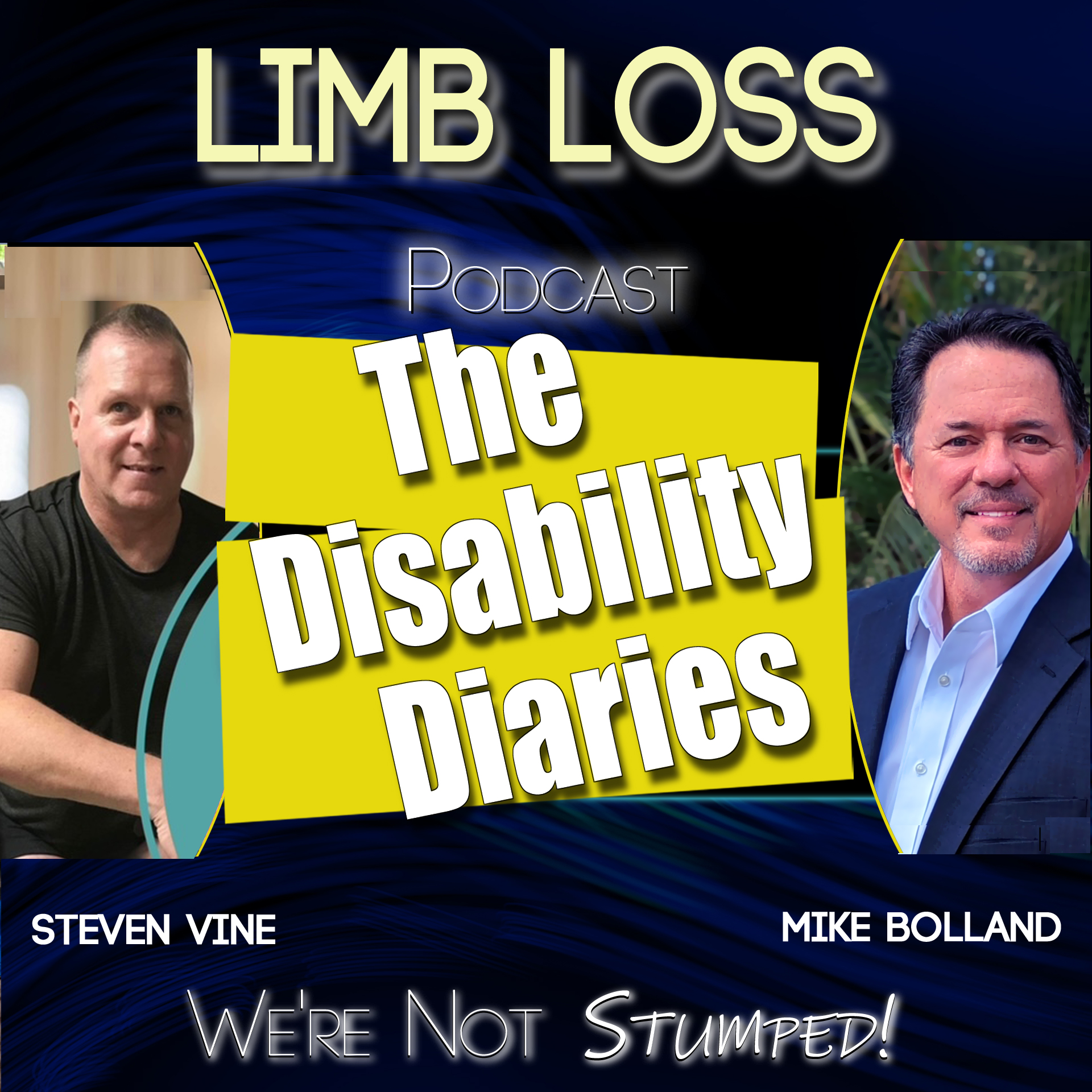

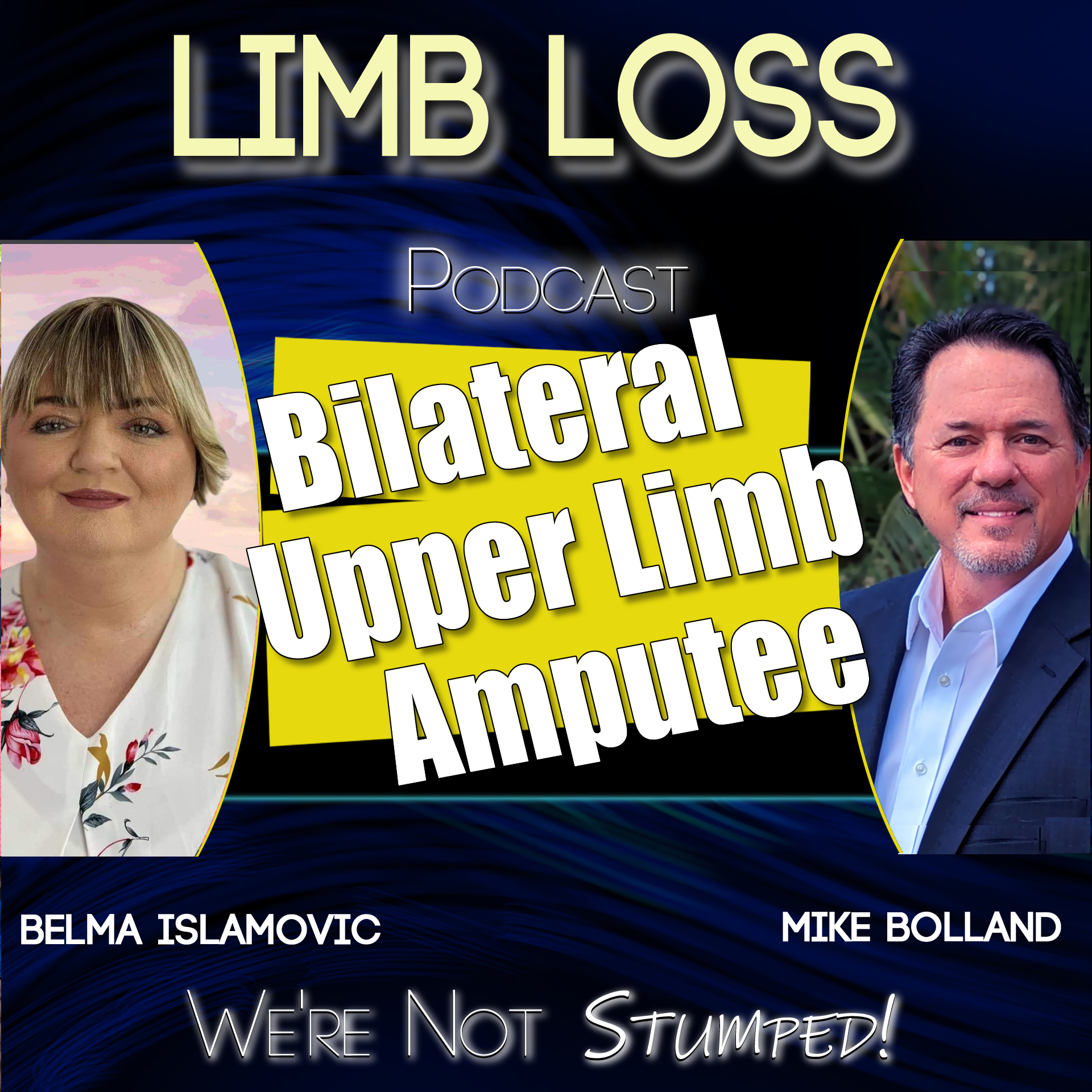
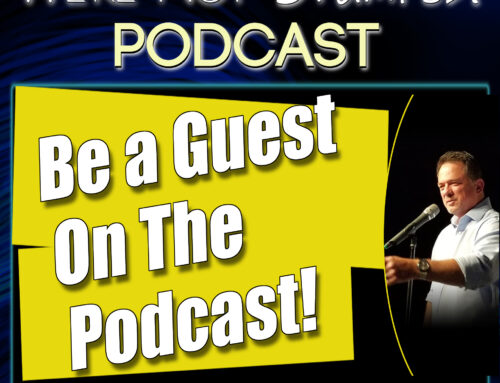
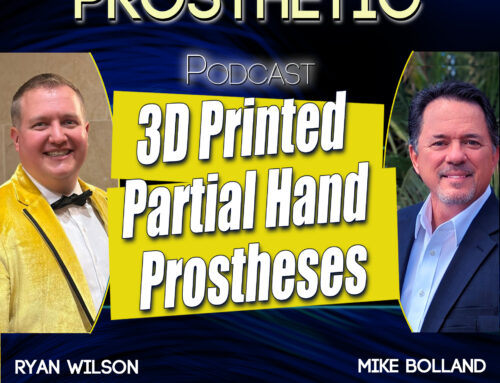

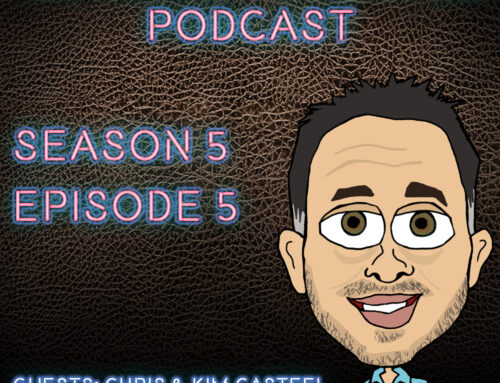

Leave A Comment